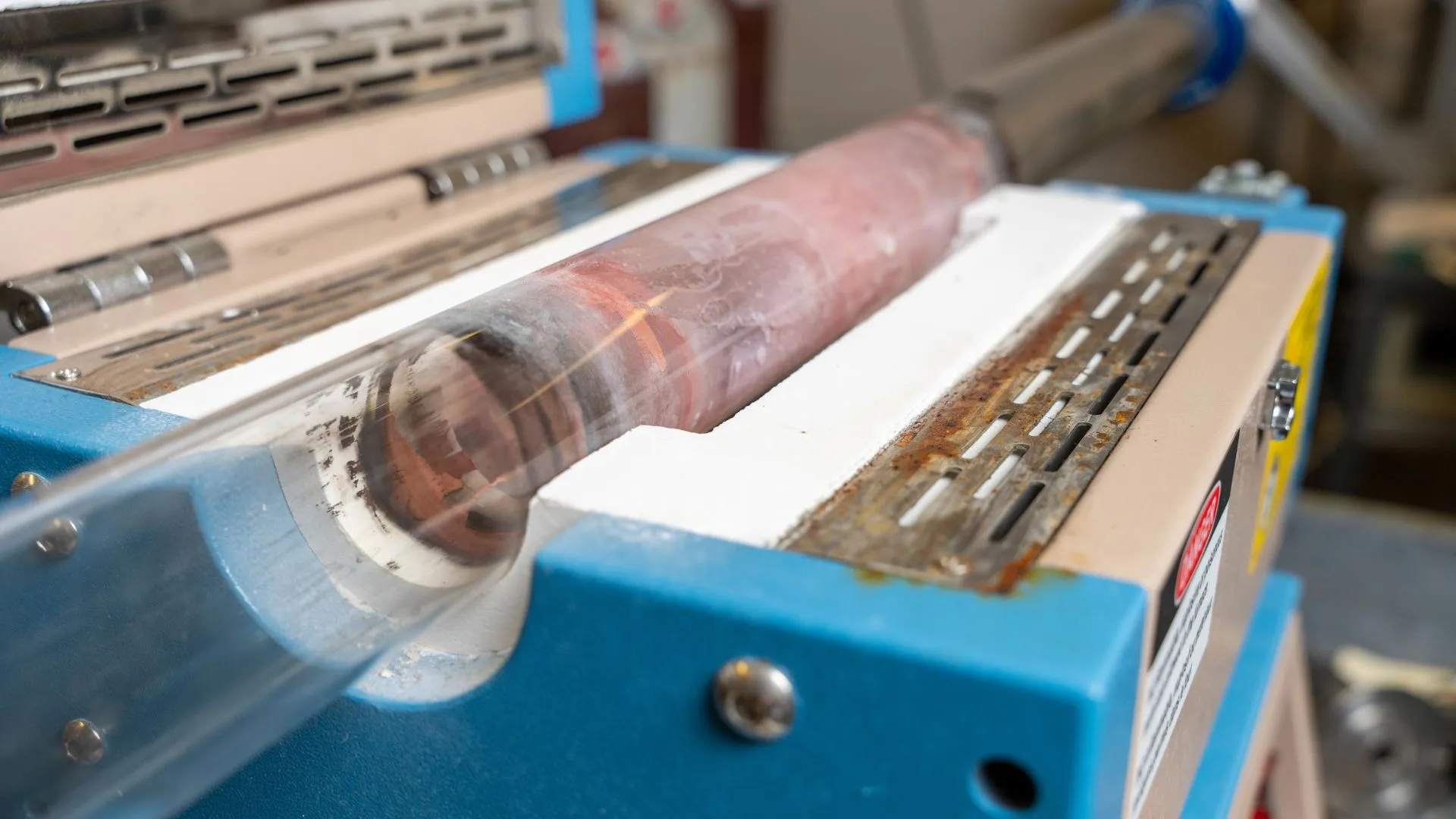Copyright dailymail

Are older fathers with low quality sperm driving the autism epidemic? READ MORE: Pharmacist reveals the one anti-depressant he will NEVER take By EMMA GRITT, ASSOCIATE HEALTH EDITOR Published: 10:43 BST, 25 October 2025 | Updated: 10:47 BST, 25 October 2025 It's been the big question of 2025: Why do so many people these days have autism? Neurodiversity has been in the headlines for months, with scientists and commentators across the globe debating what has led to so many people finding themselves 'on the spectrum'. Donald Trump made—controversial—claims that it was connected to women taking paracetamol while pregnant, an army of campaigners blame air pollution and microplastics, and some critics claim the neurodevelopment condition has simply been hijacked as a modern day badge of honour. Last week, a study found that older fathers are more likely to pass on disease-causing mutations to their children, one of which is linked to autism. The research team at Wellcome Sanger Institute in Cambridge used DNA sequencing technology to analyse more than 1,000 sperm from 81 men aged between 24 and 75. They found that among men in their early thirties, around one in 50 sperm had disease-causing mutations, with the figure rising to almost one in 20 between the ages of 43 and 70. The most recent Office for National Statistics data for England and Wales shows the average age of a father in 2023 was 33.8 years, putting them firmly in the 'mutated sperm' zone. So should we be blaming older fathers and their "poor quality sperm" for the world's alleged explosion in people with autism? As awareness about autism has increased, so has the number of people noticing some of the symptoms in their children (file photo) According to one expert there's a simple reason why this theory doesn't stand up—and that's because the 'autism epidemic' is a myth. Dr Rachel Moseley, Principal Academic in Psychology at Bournemouth University told the Daily Mail that there aren't any more autistic children than ever before—but there are more autistic adults. She said: 'We know from very robust population studies that autism is not increasing in prevalence. 'There are greater numbers of people being diagnosed now, but if you actually look into the numbers, there are no more children being diagnosed. 'It's not that autism is more common. It's not becoming more common in children, but basically it's being picked up mainly in older people, adults. 'There is no autism epidemic. It is simply being diagnosed more frequently.' Autism is not a disease and is present from birth, although it may not be recognised until childhood or even much later in life. It exists on a spectrum: at its most severe, people with autism might not be able to communicate at all and require lifelong care, while others can live independently with little support but find forming relationships challenging, prefer predictability and dislike loud, chaotic spaces. This chart shows the percentage increase in incidence of autism diagnosis from 1998 to 2018, showing an 'exponential' 787% over 20 years. The rise could be due to increased recognition of the condition among experts particularly in diagnosing autism among girls and adults, but an increase in cases of autism itself cannot be ruled out As awareness about autism has increased, so has the number of people noticing some of the symptoms in their children. Seeking formal diagnosis so they can access the vital support their offspring are entitled to has heaped huge amounts of pressure on already stretched NHS services. But it's not only concerned parents who are demanding answers, many adults are too. As of December 2024, over 224,000 people—130,000 of who were under-18—were on the waiting list for an autism assessment in England. Until a decade ago, autism was only believed to affect boys—as with attention deficit hyperactivity disorder (ADHD)—meaning there's been a huge surge in women discovering they have it later in life. This has been cited as a possible cause for the huge increase in numbers, but men get diagnosed at all ages, too. With so many people languishing on year long waiting lists, which dwarf the NHS' recommended 13-weeks, many people are turning to private clinics for a diagnosis, either paying hundreds of pounds, or using the NHS' Right To Choose pathway. This, says Dr Moseley, might also be skewing the data. She said: 'Autism diagnoses can be quite costly to pursue, and if you are an older parent, you are more likely to have accumulated more wealth to actually pursue a diagnosis compared with younger parents. 'The studies can't show that older fathers cause autism; it could be the case that older fathers are more likely to be autistic, or the fathers have more resources to pursue a diagnosis, whereas younger ones don't.' Dr Moseley—who herself is autistic—doesn't dismiss the connection between 'geriatric sperm' and neurodivergence, but she thinks it's crucial to look at factors which aren't captured by data. She said: 'I think the really important thing to understand is while previous studies have shown that there's a relationship, they do not show that being an older father, or something particular in their sperm, causes autism. 'It might be likely that a man who is autistic, or maybe has a higher degree of autistic traits, is less likely to father children until later in life. 'Maybe they don't find a partner as soon and maybe because they're autistic themselves, or they have a higher degree of autistic traits, they pass those on.' One well known example of an older man who fathered an autistic child is former Masterchef host Gregg Wallace, 61, who subsequently found out that he too is neurodiverse last year. His son, Sid, was diagnosed when he was two, and Gregg was diagnosed at age 60. When The Times asked Gregg if he thought his age was linked to Sid's autism, he mused: 'It could be that. It doesn't trouble me. 'Blame is for God and small children. It doesn't make it any better if we go: it's my fault.' Experts believe those with a family history of autism are most likely to have the condition themselves, but equally, two autistic people could have a neurotypical child. Similarly, two neurotypical parents could have an autistic child. Gregg Wallace and his son, Sid—they both have autism Previous research published in the Journal of Child Psychology and Psychiatry found that the number of people with autism had surged by almost 800 per cent between 1998 and 2018. But after crunching the numbers of how many older men have become fathers over the past two-and-a-bit decades and the number of autistic people in society right now, Professor Allan Pacey MBE, the Deputy Dean of the University of Manchester's Faculty of Biology, Medicine and Health is doubtful that it's only older fathers who have powered the surge. In fact, Professor Pacey says that there are numerous—more serious conditions—which have been linked to mutations in older sperm which keep being overshadowed by the possibility of autism. He told the Daily Mail: 'Autism is not the only thing that gets more common with older fathers, there's a whole list of psychiatric disorders such as schizophrenia, increased rate of miscarriage, cleft palates, heart conditions, dyslexia… 'It's one of the reasons why most sperm donors need to be under 40. 'It wouldn't surprise me if there's a bit more autism around because of all the older dads, but I don't think it's enough to explain what might be branded the current epidemic.' Deciding to start a family is stressful enough without worrying that your partner might potentially be carrying a genetic timebomb, but Professor Pacey says prospective parents need to take some of the scarier stats from research papers with a pinch of salt. 'There is certainly a link between autism and older fatherhood, and we've known that for a while,' he said. Men's sperm was found to decline from their early 30s onwards (file photo) 'However, what you've also got to remember is, when studies say something might double, it's sometimes doubling from a very small rate. 'Furthermore, you only see these trends across very large populations, country wide stats. 'The risk for the individual is actually almost so infinitesimally small that if I was a woman married to an old guy, I really wouldn't worry about it. 'But the advice is cracking on with starting a family earlier in your life if you can, because that's the safest way to do it, and that's what nature intended.' Dr Moseley also urged prospective parents not to fret too much about having an autistic child. 'Autistic people bring so much to the world and societies, and really importantly, we've always been here,' she said. 'There hasn't always been a word to identify us, but we've always been here, and we've contributed a lot.' THE SIGNS AND SYMPTOMS OF AUTISM People with autism have trouble with social, emotional and communication skills that usually develop before the age of three and last throughout a person’s life. Specific signs of autism include: Reactions to smell, taste, look, feel or sound are unusual Difficulty adapting to changes in routine Unable to repeat or echo what is said to them Difficulty expressing desires using words or motions Unable to discuss their own feelings or other people’s Difficulty with acts of affection like hugging Prefer to be alone and avoid eye contact Difficulty relating to other people Unable to point at objects or look at objects when others point to them NHSCambridgeWalesONS Share or comment on this article: Are older fathers with low quality sperm driving the autism epidemic? Add comment



